|
The buzz around artificial intelligence (AI) has been covered in previous editorials.1,2 In the editorials, I discussed how it was helping create and drive data driven wound care practices. This was expanded upon in a recent editorial by Cross and Harding.3 Since these editorials were written, the buzz has certainly become louder, even if only in the public rather than the professional domain. AI has the awesome power to change the way we live our lives, in both good and dangerous ways. But are those in power prepared for what's coming, similar to where we find ourselves today with social media and any impending regulation.4 Let us hope so! Chatbots and AI-assisted search are the new buzz within the AI field. You may have heard of Chatbot-GPT and how it will revolutionise our search capabilities, even with the potential to write up our research findings. Perhaps even writing your next IWJ paper. Students and researchers, particularly where English is not their first language, are excited. Teachers, assessors and reviewers are less excited. From writing stand-up comedy scripts to poetry and even generating visual images regarded as art, AI has come a long way recently. Machines, at least to the general public, have achieved creativity.5 Regulators and governments recognise this is the emergence of an extremely powerful technology; however, it can be used for both good and bad, and as such, it will require close monitoring and possible regulatory review. One of the main dilemmas is that many of the players in AI are the major tech companies, which are currently under scrutiny regarding social media regulation. The potential downsides of AI include the automatic creation of an ocean of disinformation across multiple social media outlets. The biggest concern is not its generation, but rather that they would be entirely believable and perceived to come from legitimate accounts. Even if the government succeeds in enacting new social media regulations, this may be pointless in the face of a flood of pernicious AI-generated content. Your browser does not support viewing this document. Click here to download the document.
0 Comments
Read the full article here on International Wound Journal
Searching for information online can be overwhelming, but a team of UWindsor researchers is looking to ease the process using artificial intelligence (AI) to help customize searches.
When searching through a database, users want to see the most relevant information, says Christie Ezeife, a professor and researcher in the School of Computer Science. She and PhD student Abdulrauf Gidado are using machine learning and AI processes to personalize a user’s visit to a community database search engine. “The main objective of the system is extracting, cleaning, integrating data content from large collections of content databases, so that machine learning and artificial intelligence processes can be used to learn and identify the most relevant and influential contents for purposes of recommendation — and personalization — of such contents to users,” says Dr. Ezeife. The two teamed with industry partner Electric Effect for a Mitacs Accelerate funded project called “Bio Window Knowledge: Personalizing Most Relevant Content from Big Data.” Gidado says they are experimenting on various publishers’ pages. “When you go to a publisher’s site for example, the first page of articles you’ll see may not be relevant to you, but Electric Effect wants to rely on machine learning techniques so that when people from different fields with different interests get to a page, the set of articles displayed to users will be personalized to users,” says Gidado. The expected outcome of the system, Ezeife says, includes improving personalization, validation, and authentication through autonomous processes to help surface and deliver relevant articles to peers, identifying key opinion leaders in the community while collecting historical behavioural data and metrics. Gidado built a program employing data models and business logic proprietary to Electric Effect to assess the variables of each article and determine its relevance. “We take into consideration aspects such as how people interact with an article, how peers are commenting on articles, and how many people like an article,” he says. “Based on these variables we develop our computer program so when someone visits a page, the Bio Window system can determine the order of what that person sees.” Electric Effect has connections to multiple Canadian research agencies. Gidado’s project is being experimented and deployed on the International Wound Community website. “This project represents an application of database and data mining research to real world industry problems in areas of data extraction, integration, and mining of big data,” says Ezeife. “This type of project gives students like Gidado real-life application development experience.” —Sara Elliott Article link: https://www.uwindsor.ca/dailynews/2022-01-05/researchers-seek-employ-artificial-intelligence-customize-information-search |
Archives
July 2023
Categories |


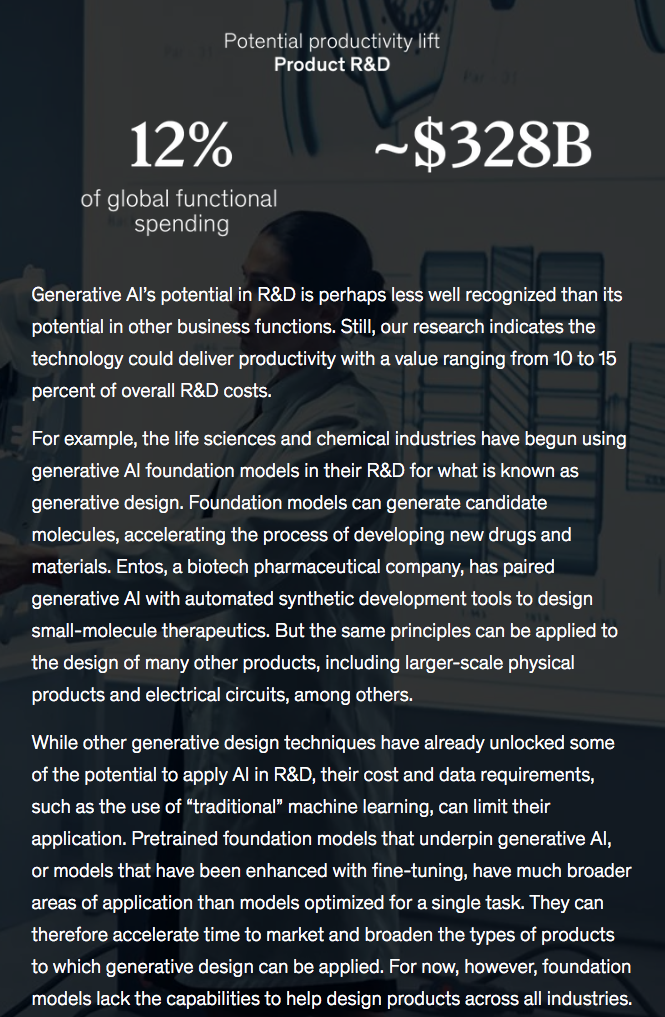
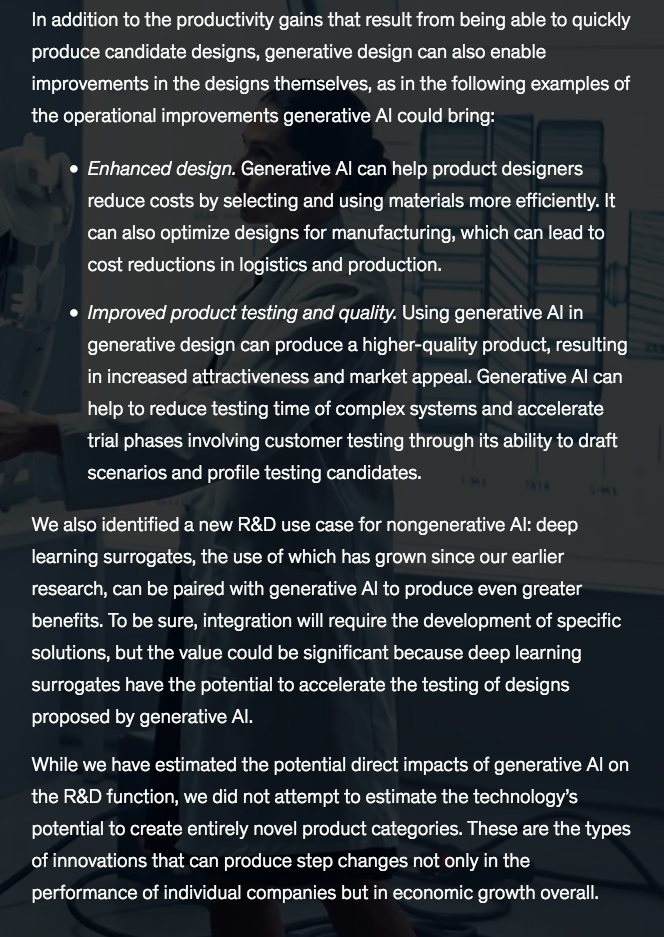
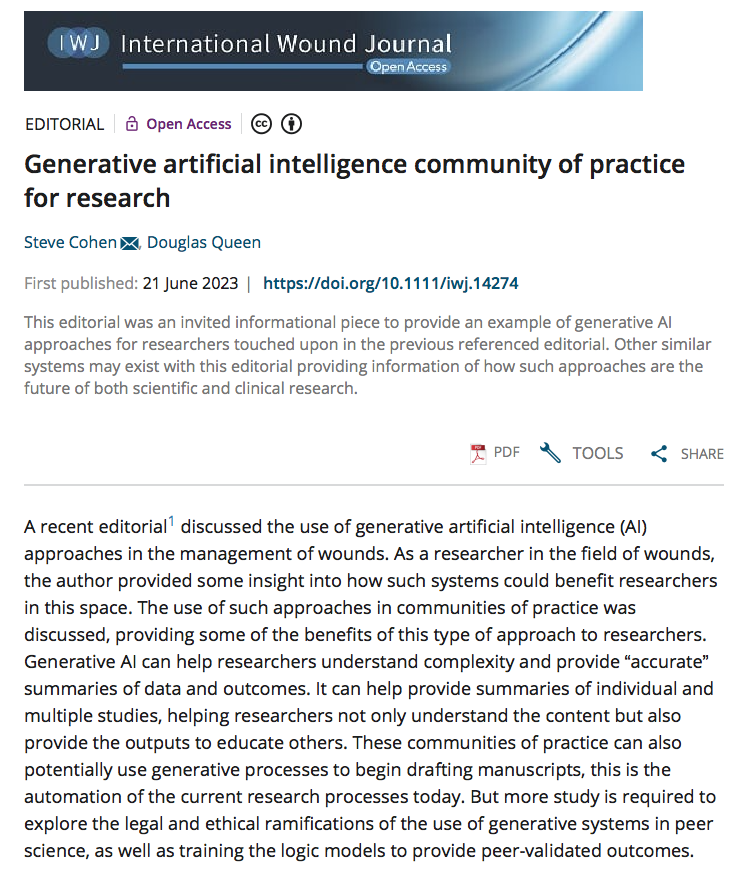
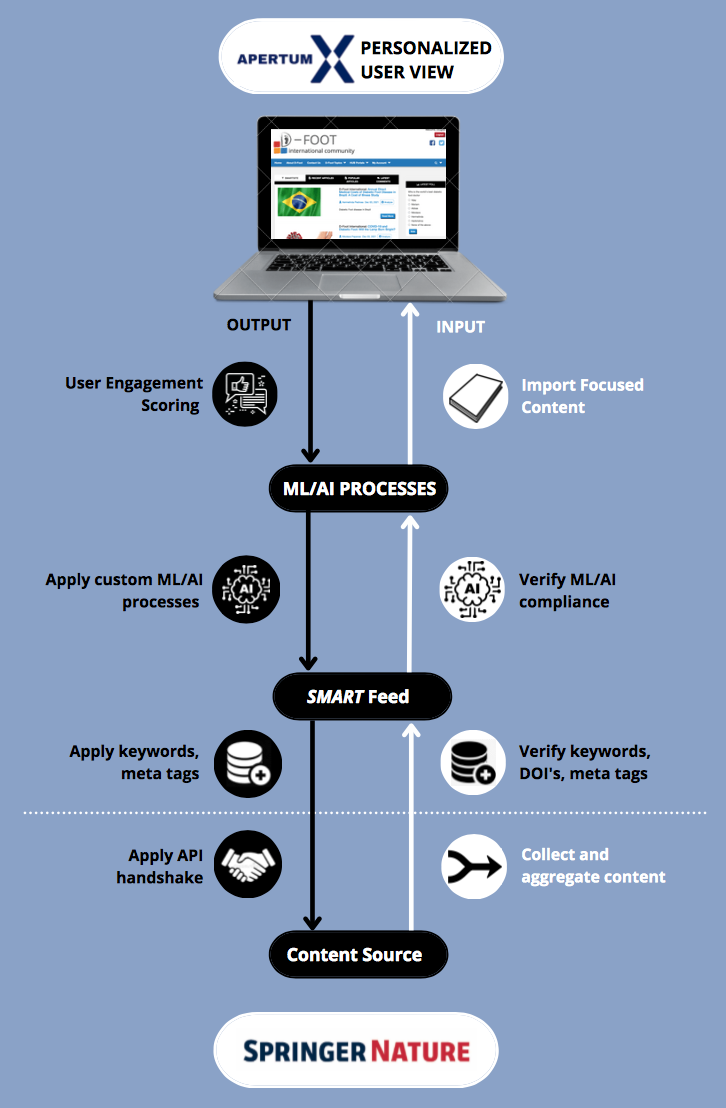
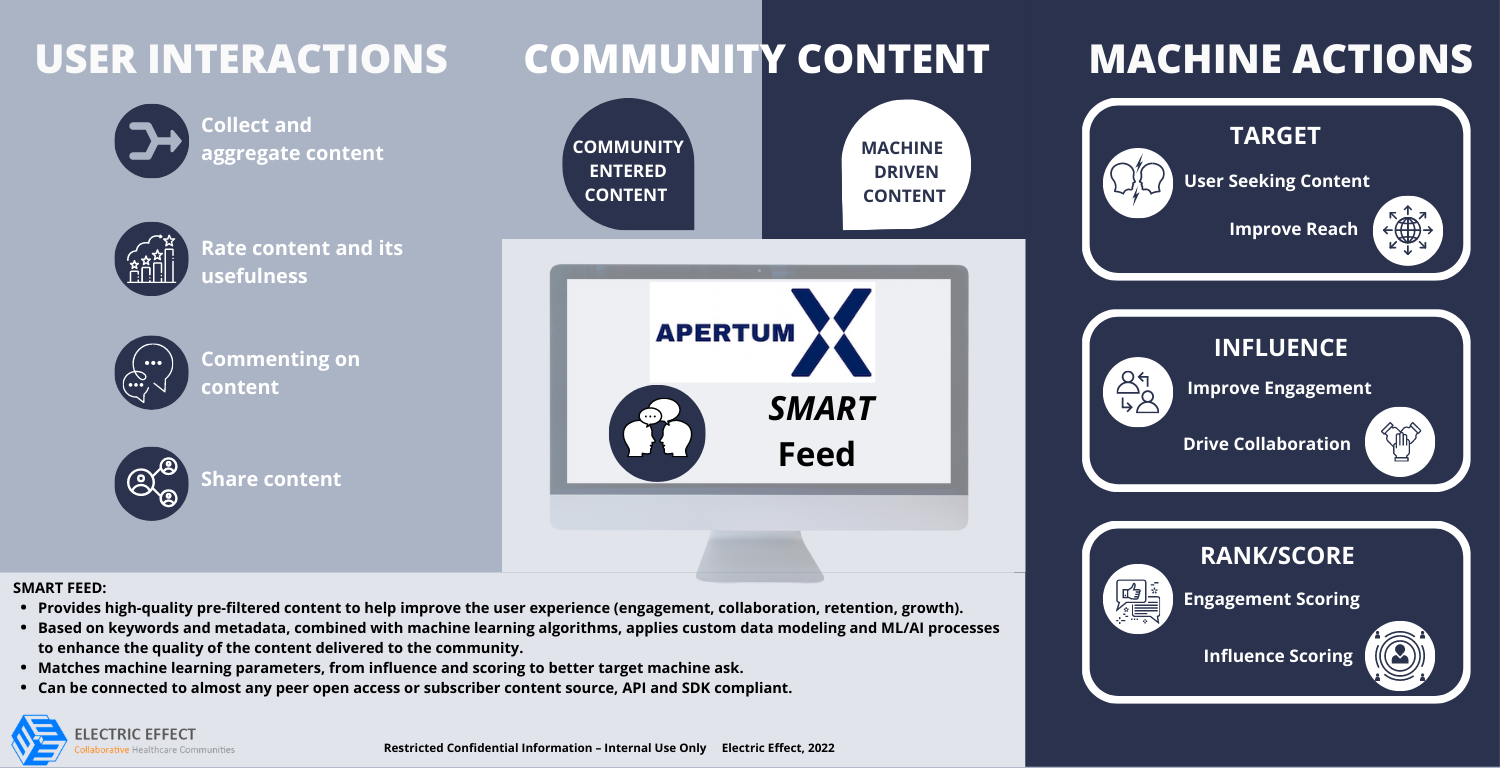
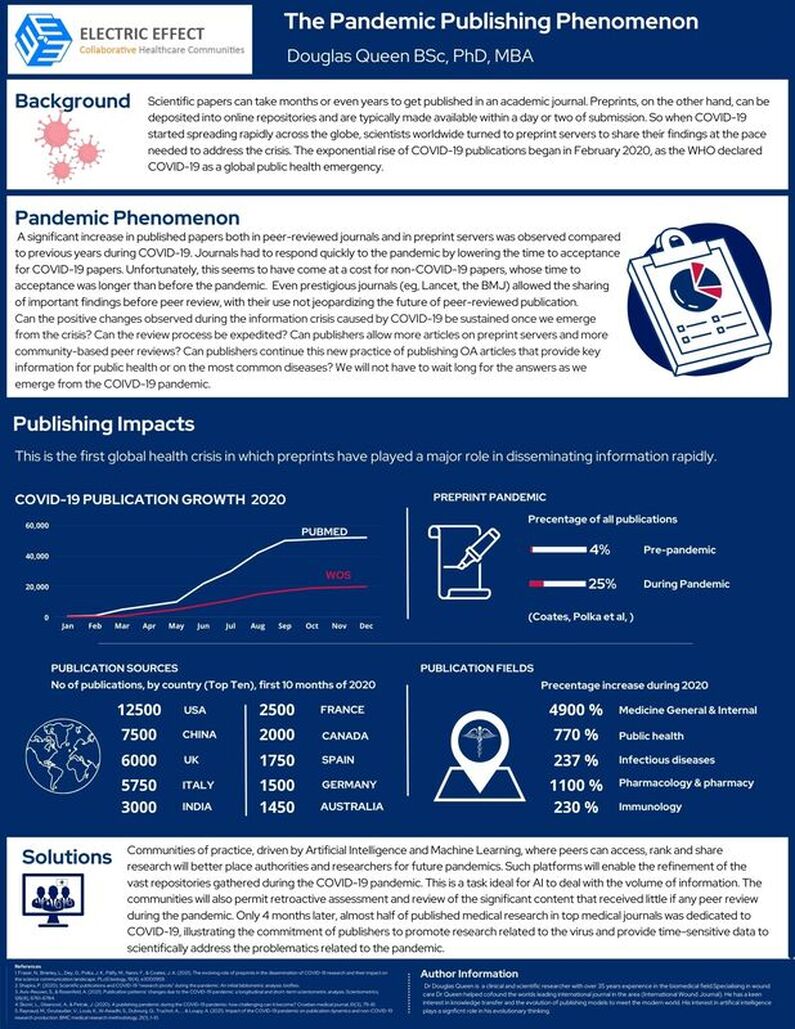
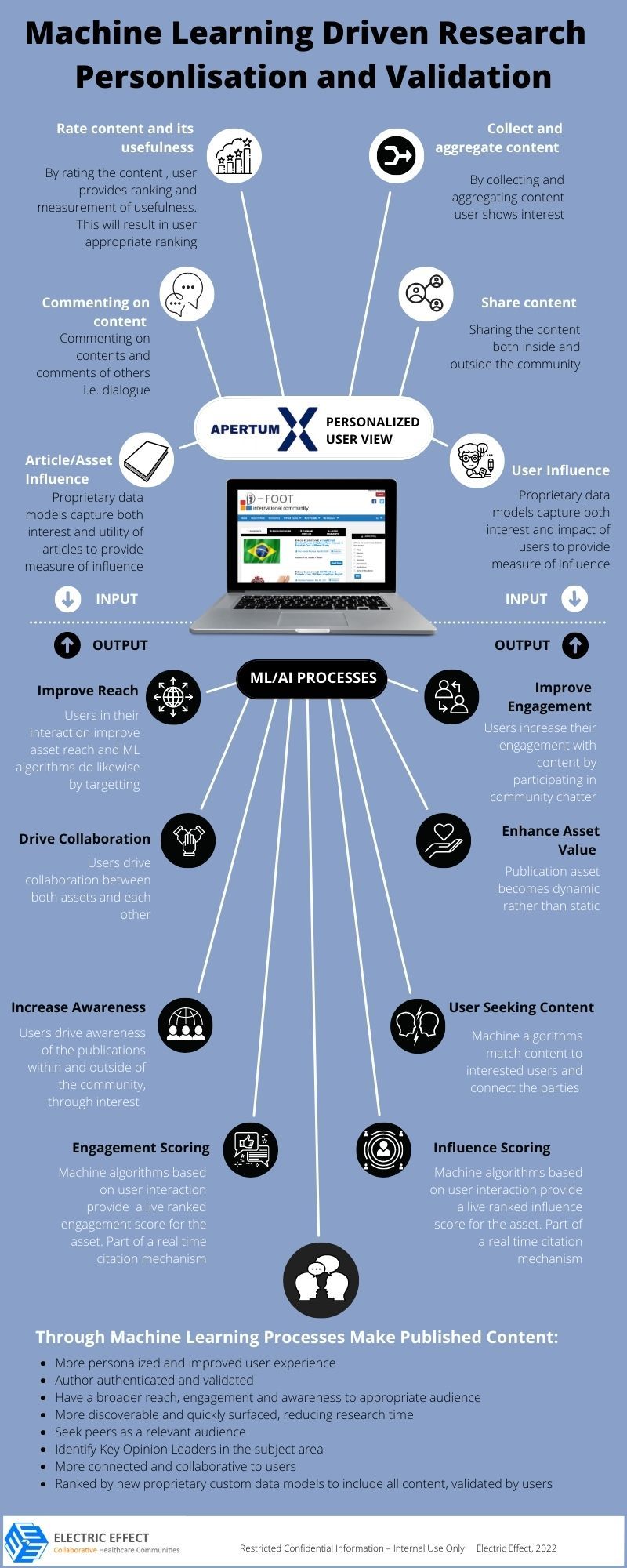
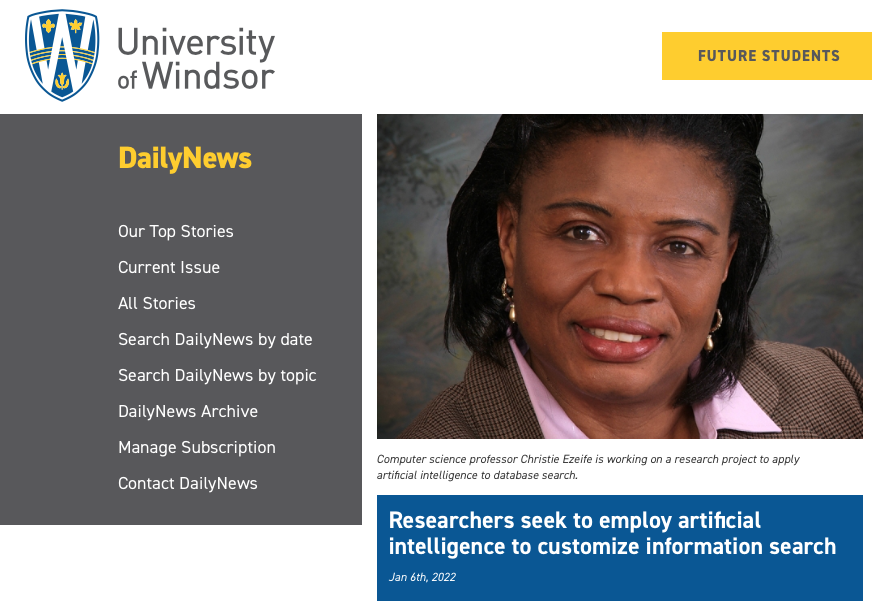
 RSS Feed
RSS Feed